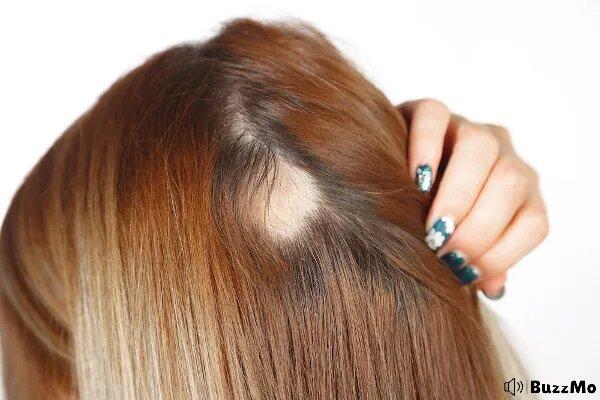Affecting millions globally, alopecia areata is a dermatological condition leading to localized hair loss, primarily on the scalp. Despite its commonality, uncertainties persist around this condition. This article delves into the specifics of alopecia areata, encompassing its definition, causes, symptoms, prognosis, treatments, and the psychological impact it can have on men. Uncover comprehensive insights into alopecia areata causes and treatments to better understand and manage this condition.
What is alopecia areata?
Alopecia areata is an autoimmune disease that results in sudden hair loss in localized areas of the body.
In this condition, the body’s immune system mistakenly attacks hair follicles, disrupting the normal hair growth cycle. This results in areas of hair loss , usually circular or oval, that can vary in size.
And it is important to highlight that this condition can affect people of all ages, races and genders.
Main causes:
The exact cause of alopecia areata is not yet completely understood. However, genetic and immunological factors are believed to play an important role. People with type 1 diabetes or thyroid disease, for example, may also be more likely to develop alopecia areata.
People with a family history of alopecia areata have a higher risk of developing the condition. Furthermore, it is believed that stress and traumatic events can trigger or worsen the disease in predisposed individuals.
What are the main Symptoms?
The main symptom is hair loss in different areas of the body, most often on the scalp. Affected areas are generally smooth to the touch and show no signs of inflammation or peeling.
Sometimes the nails can also be affected, becoming brittle, thin or with small depressions.
Risk of Spreading Hair Loss:
One of the common concerns is whether hair loss can spread to other areas of the body. Although it is possible, not all cases of alopecia areata result in spread.
Alopecia areata can range from small areas of hair loss to more extensive loss, but it is unpredictable how the disease will progress in a specific individual.
How is the Prognosis made?
The prognosis for alopecia areata is highly variable. While some people may experience spontaneous hair growth, others may face persistent recurrences. The extent of initial hair loss and the presence of other autoimmune conditions may influence the prognosis.
Treatment can also influence the prognosis, but there is no guarantee of positive results in all cases. It is important to consult a specialist doctor to assess your situation individually.
Does alopecia areata heal on its own?
In some cases, alopecia areata may resolve spontaneously without the need for treatment. Hair can grow back within months or even years.
However, in other cases, hair loss may be persistent or recurrent. The severity of the condition varies from person to person and it is difficult to predict whether hair will grow back without treatment.
What are the main treatments and their side effects?
There are several treatment options available for alopecia areata, although none are a permanent cure. These treatments include topical therapies, corticosteroid injections, oral medications, light therapy, and immunotherapy.
Each treatment has its own benefits and risks, and it is important to discuss the options with a medical specialist. Side effects vary depending on the treatment chosen, but may include skin irritation, hormonal changes, or systemic side effects.
Impact of alopecia areata on men’s psychology
Hair loss due to alopecia areata can have a significant impact on men’s mental health and self-esteem. Hair is often considered an integral part of male identity, and sudden loss can lead to feelings of embarrassment, anxiety and depression.
Many men face challenges accepting their changed appearance and may avoid social situations due to appearance concerns. Seeking treatments and adapting to a new body image can be emotionally challenging.
In conclusion, alopecia areata is a condition that goes beyond physical hair loss. It can profoundly affect the quality of life, emotional well-being and self-image of those affected, especially men.
Although there is no definitive cure, there are treatment options that can help manage symptoms. If you are dealing with alopecia areata, it is crucial to seek medical and emotional guidance to address the challenges associated with this condition.
Remember that you are not alone on this journey and that there are resources available to help you manage alopecia areata effectively.

